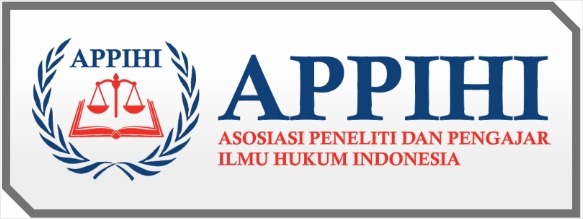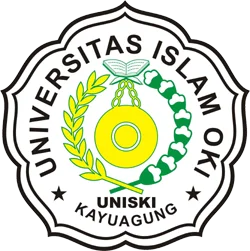Kajian Fikih Siyasah Pada Mekanisme Pemilihan Presiden Secara Langsung
DOI:
https://doi.org/10.61994/jsls.v3i1.896Keywords:
democracy, siyasa fiqh, presidential election mechanismAbstract
Direct presidential elections are part of Indonesia's democratic system that aims to legitimize leaders through popular participation. However, the practice of elections still faces various problems such as money politics, black campaigns, and vote manipulation that can disrupt the integrity of the democratic process. This study aims to analyze the mechanism of direct presidential elections from the perspective of fiqh siyasah. This study uses a qualitative approach with normative legal methods, through library research and a normative-juridical approach. The analysis was carried out on legal regulations such as the 1945 Constitution, the Election Law, and Islamic law and fiqh siyasah literature. The results of the study show that the election mechanism has been systematically regulated, starting from candidate registration, verification by the KPU, campaign, voting, to the announcement of the results. However, ethical and technical challenges still arise in its implementation. From the perspective of fiqh siyasah, the practice of direct elections in Indonesia needs to be reviewed to better reflect the values of justice, honesty, and public welfare. Therefore, systemic improvements are needed such as strengthening supervision, political education based on Islamic ethics, and stricter law enforcement against violations. Thus, it is hoped that the presidential election will be cleaner, fairer, and in accordance with sharia principles.
Downloads
Published
Issue
Section
License
Copyright (c) 2025 Nadya Lestari Putri, Rohmadi, Nenan Julir

This work is licensed under a Creative Commons Attribution-NonCommercial 4.0 International License.











